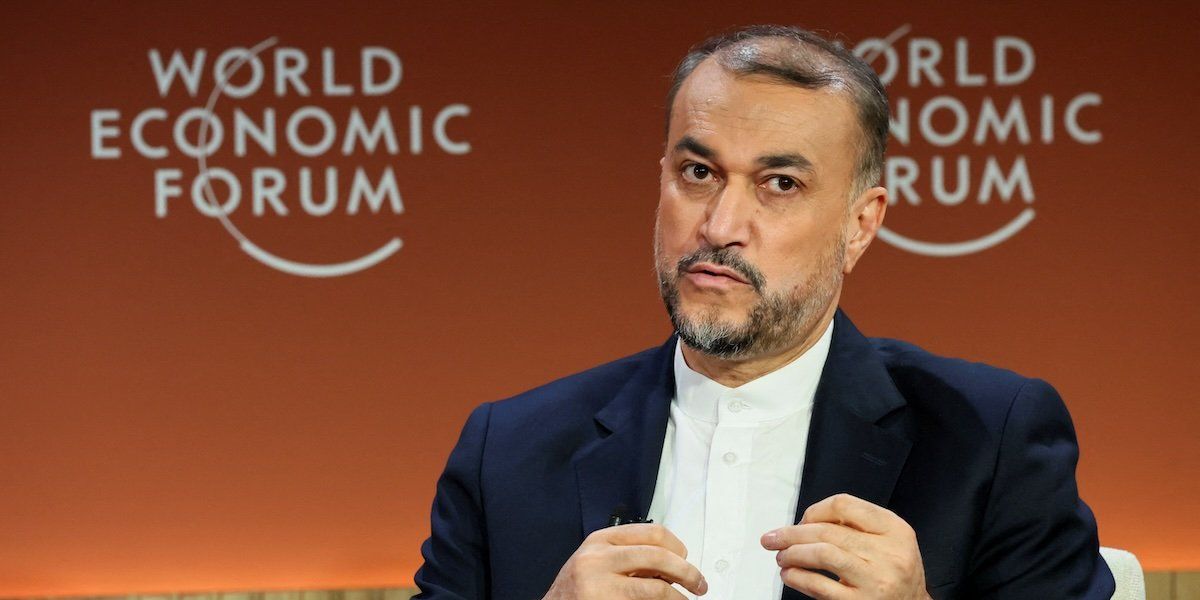After Iran this week took the audacious step of striking a Sunni militant group in western Pakistan, its nuclear-armed neighbor, Islamabad expelled Tehran’s top diplomat and launched strikes of its own within Iranian territory.
Pakistan on Thursday said its strikes, which involved rockets and drones, targeted separatist Baloch militants.
“A number of terrorists were killed during the intelligence-based operation," Pakistan's foreign ministry said, adding, "The sole objective of today's act was in pursuit of Pakistan's own security and national interest, which is paramount and cannot be compromised."
But what got us here? Why did Tehran, which tends to prefer clandestine operations or using proxies, take such a risky step in the first place?
The message is in the missiles. Iran’s had a busy week. Its strikes in Pakistan targeted Jaish al-Adl, a militant group that has conducted deadly attacks in Iran, Iran’s Foreign Minister Hossein Amir-Abdollahian (pictured above) said Wednesday in Davos. Within 24 hours of that operation, Iran also launched missiles at targets in Iraq and Syria. Tehran said the strikes in Iraq hit Israeli intelligence assets, while those in Syria targeted the Islamic State group. So they were in response to different issues – security threats posed by jihadist groups and tensions with Israel amid the war in Gaza. But Iran openly claiming credit tells us a lot about Tehran’s motivations.
“Iran wanted to send a lot of messages with a lot of missiles to a lot of actors in order to address a lot of issues all at once,” says Gregory Brew, an Iran expert at Eurasia Group, emphasizing the domestic pressure in Iran to take action for the deadly Kerman bombings by the Islamic State group earlier this month.
What happens next? After Thursday’s retaliatory strikes, Pakistan said it “fully respects” Iran’s territorial integrity and sovereignty, which could be a sign it has no desire to see the situation escalate further. Tehran has condemned Islamabad over the move, but it has a lot going on at the moment and would have little to gain from pursuing a conflict with Pakistan.
That said, a senior Pakistani security official told Reuters the military was on "extremely" high alert and signaled it was prepared to respond forcefully to any “misadventure” from Iran. Pakistan's foreign ministry also said caretaker Prime Minister Anwaar-ul-haq was heading home from Davos early.
